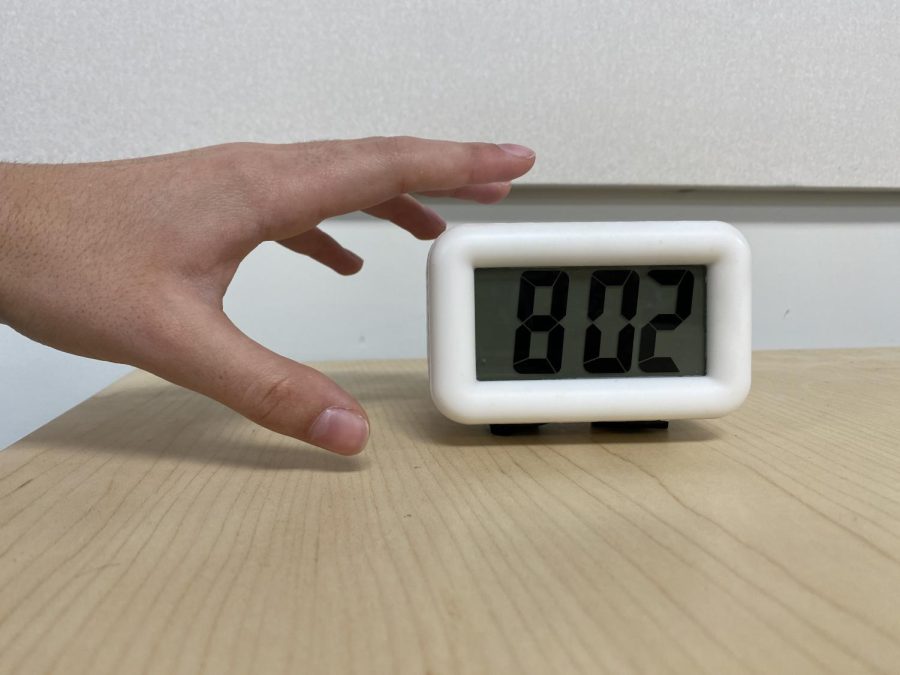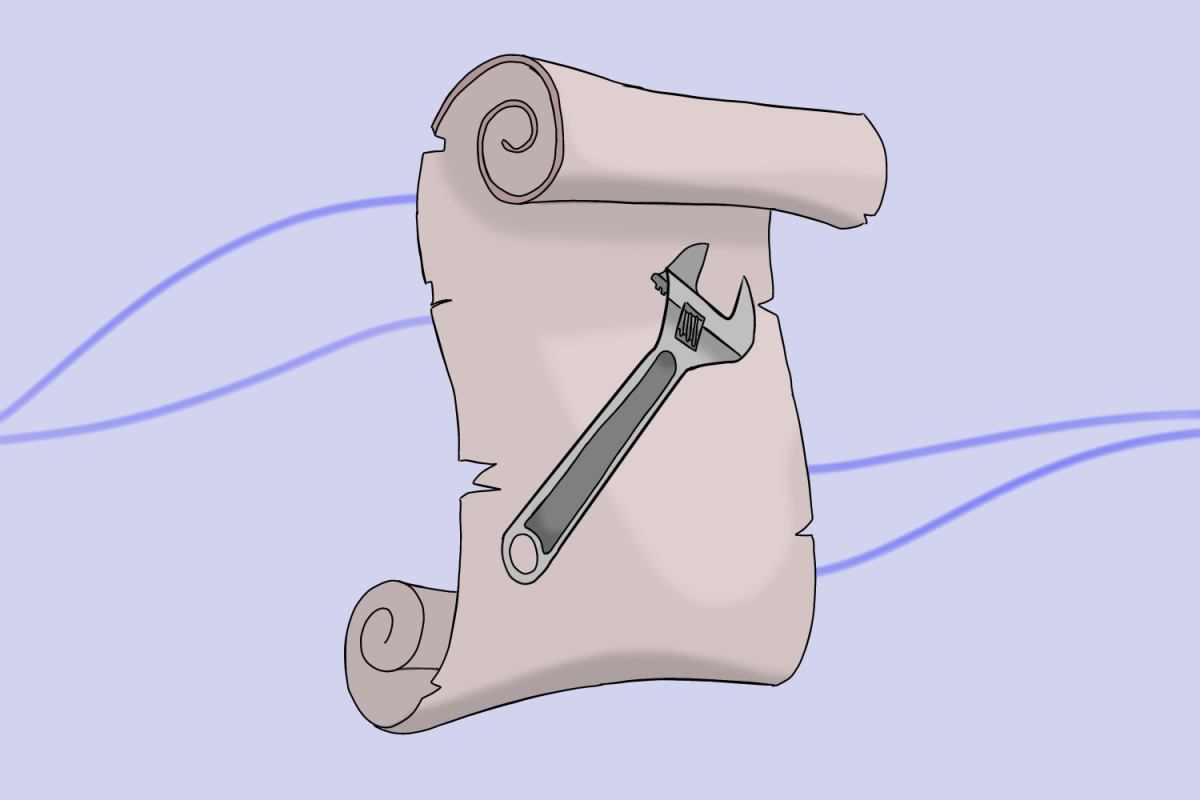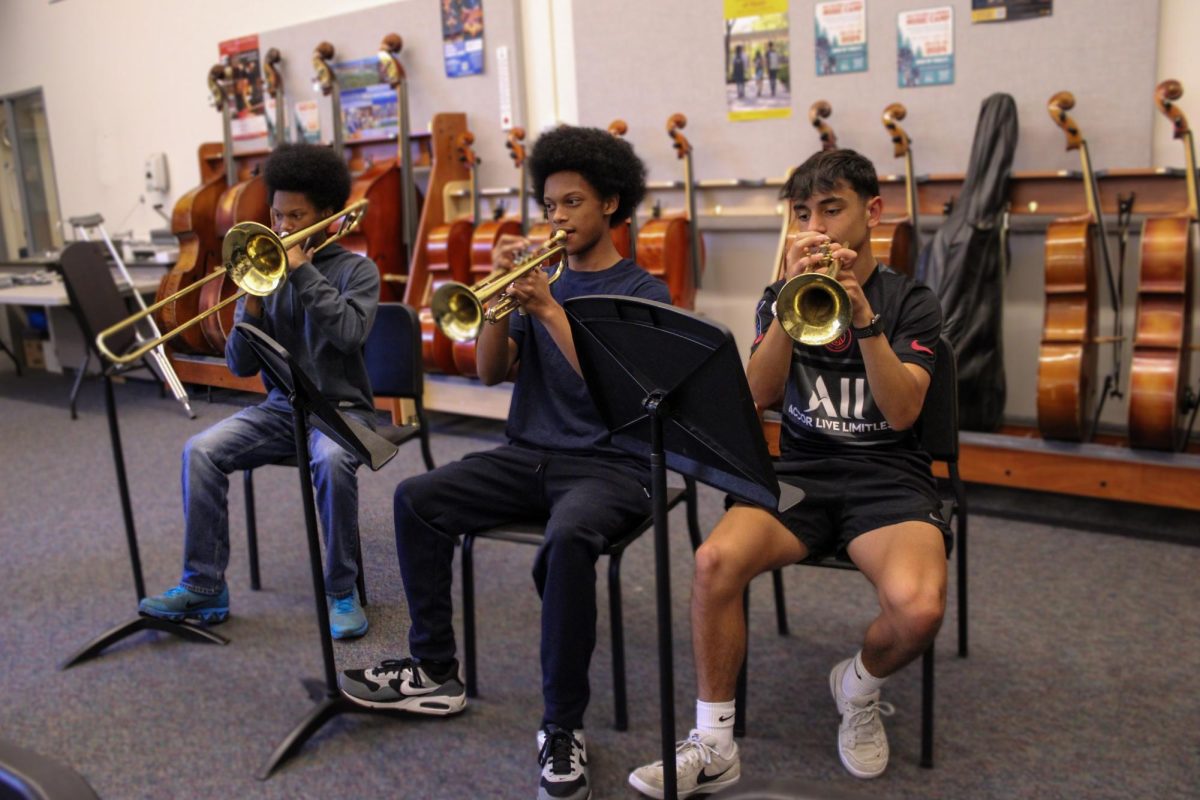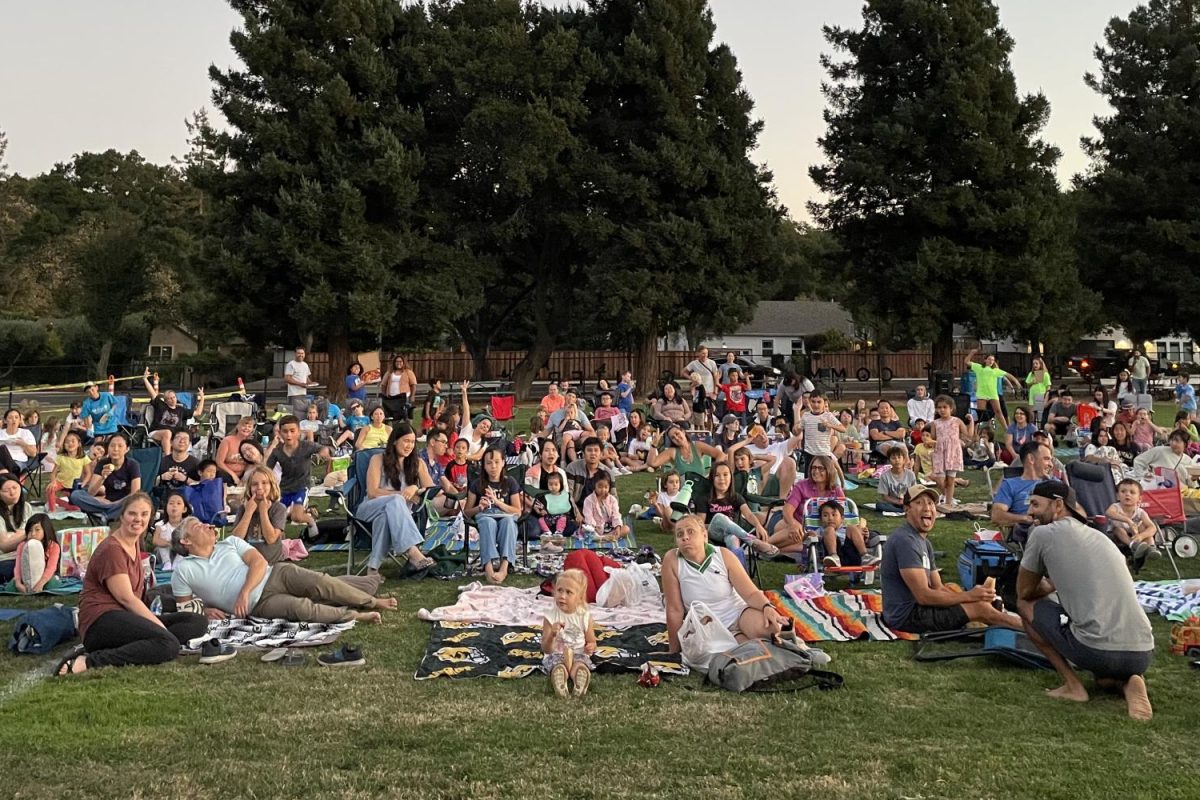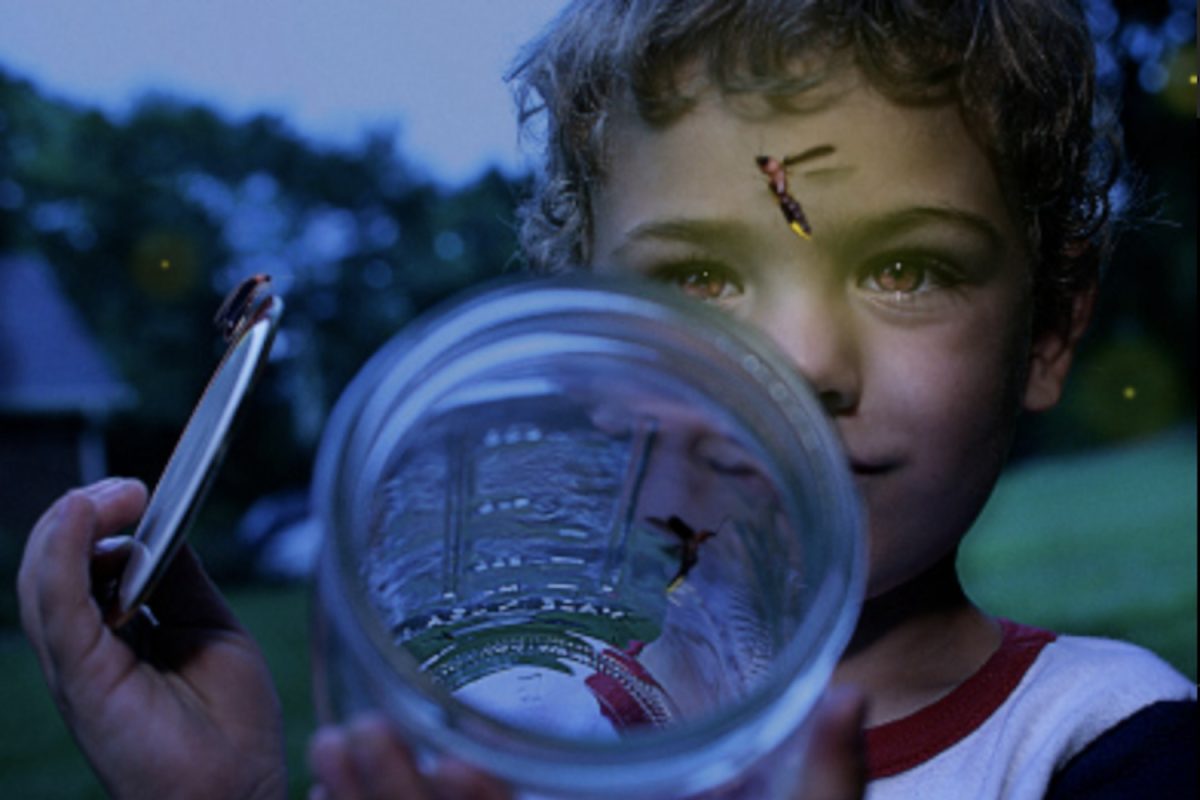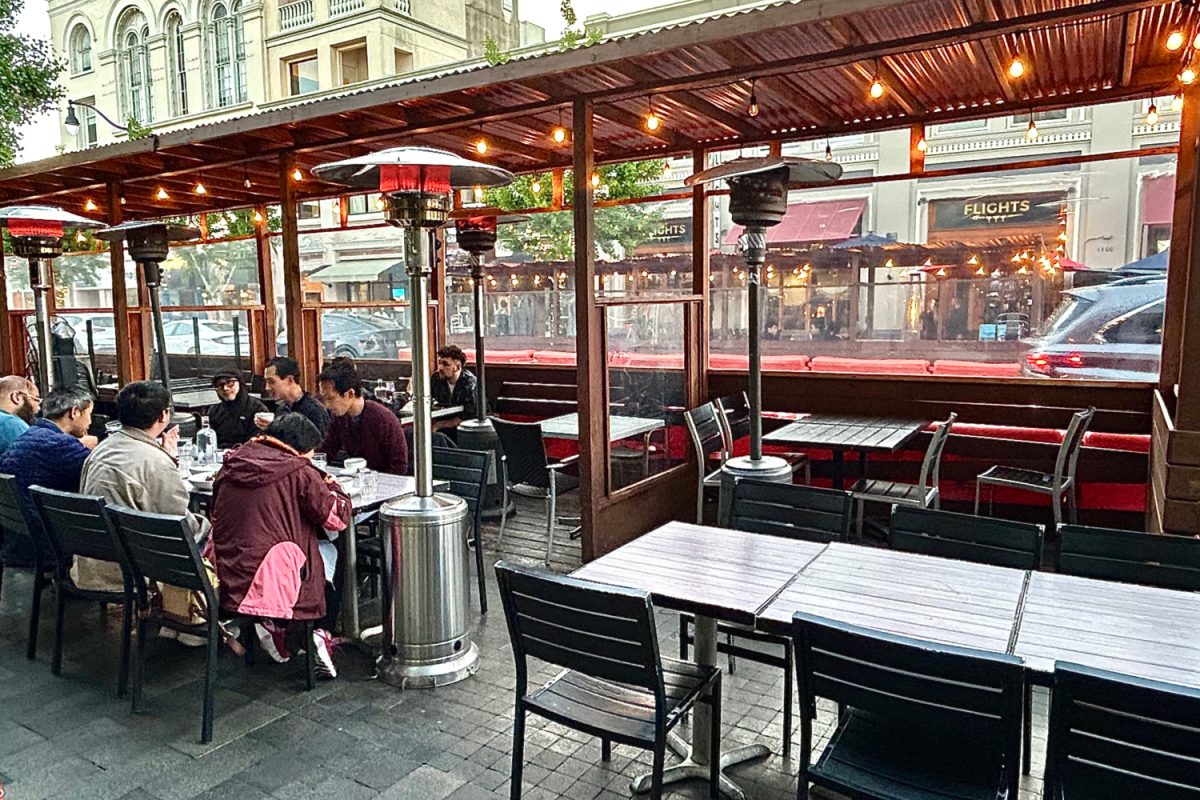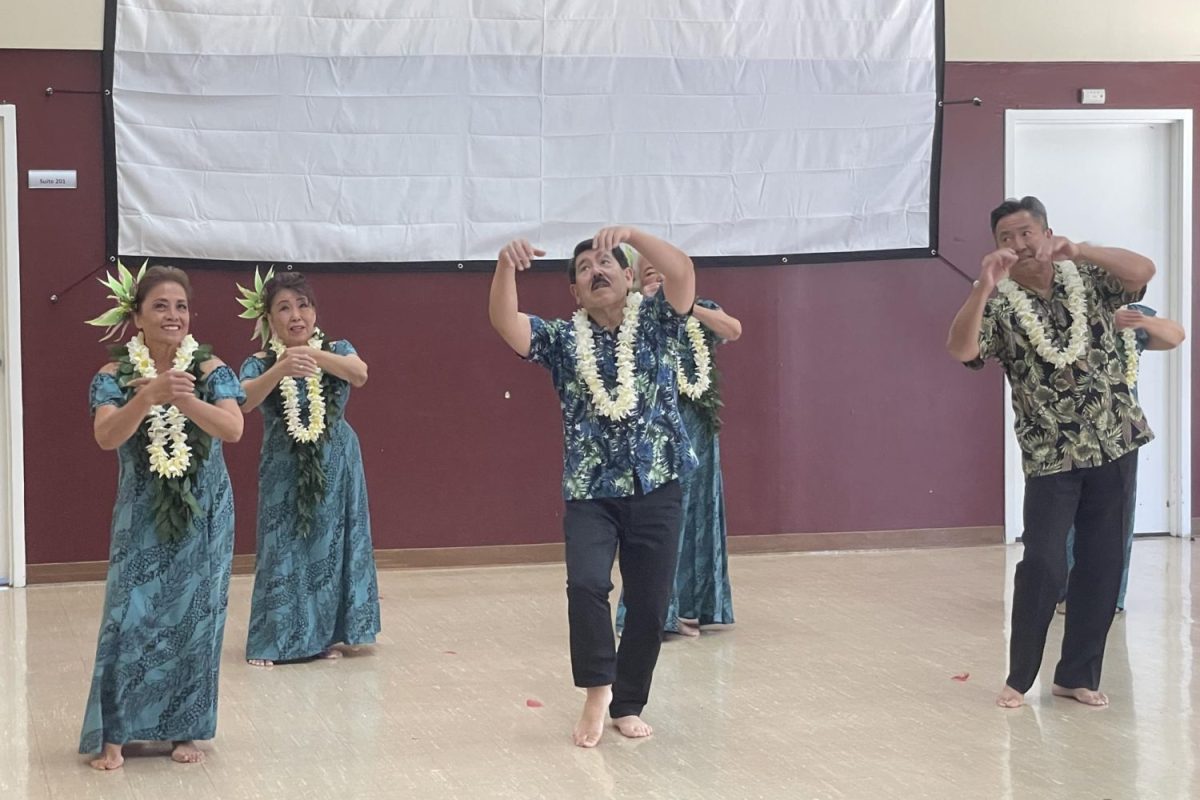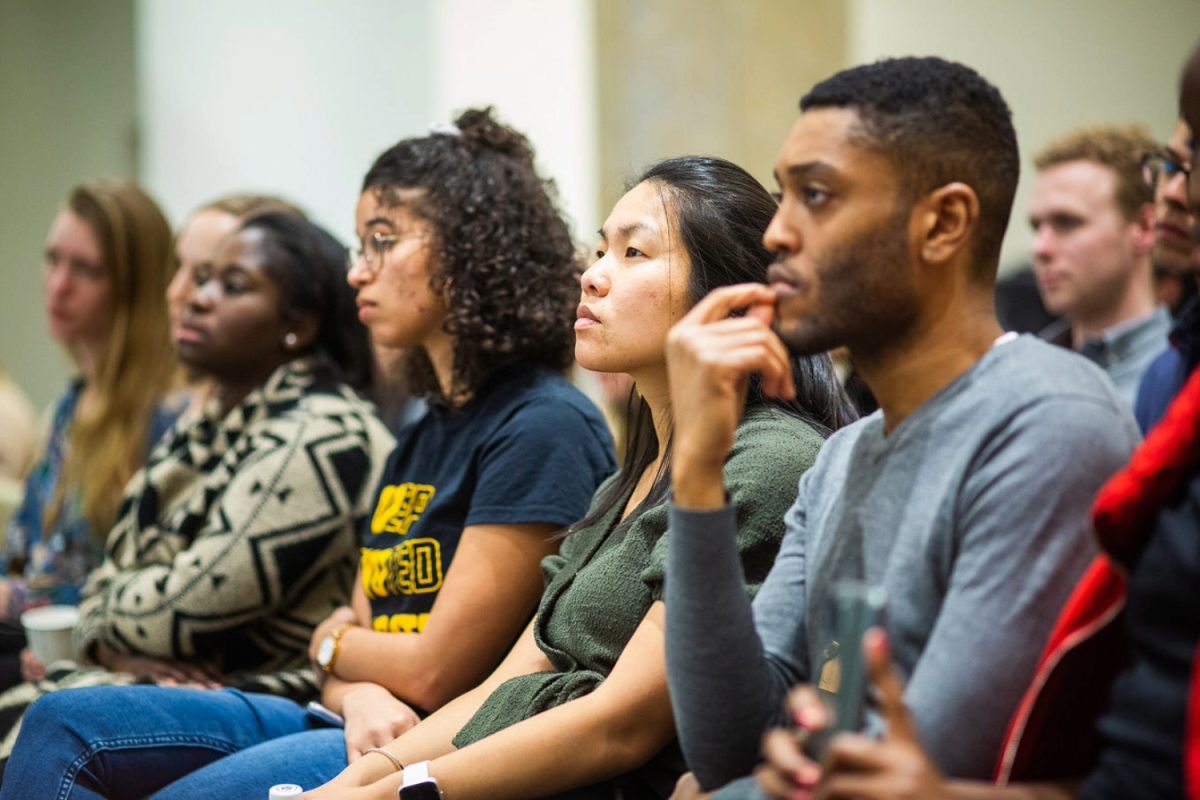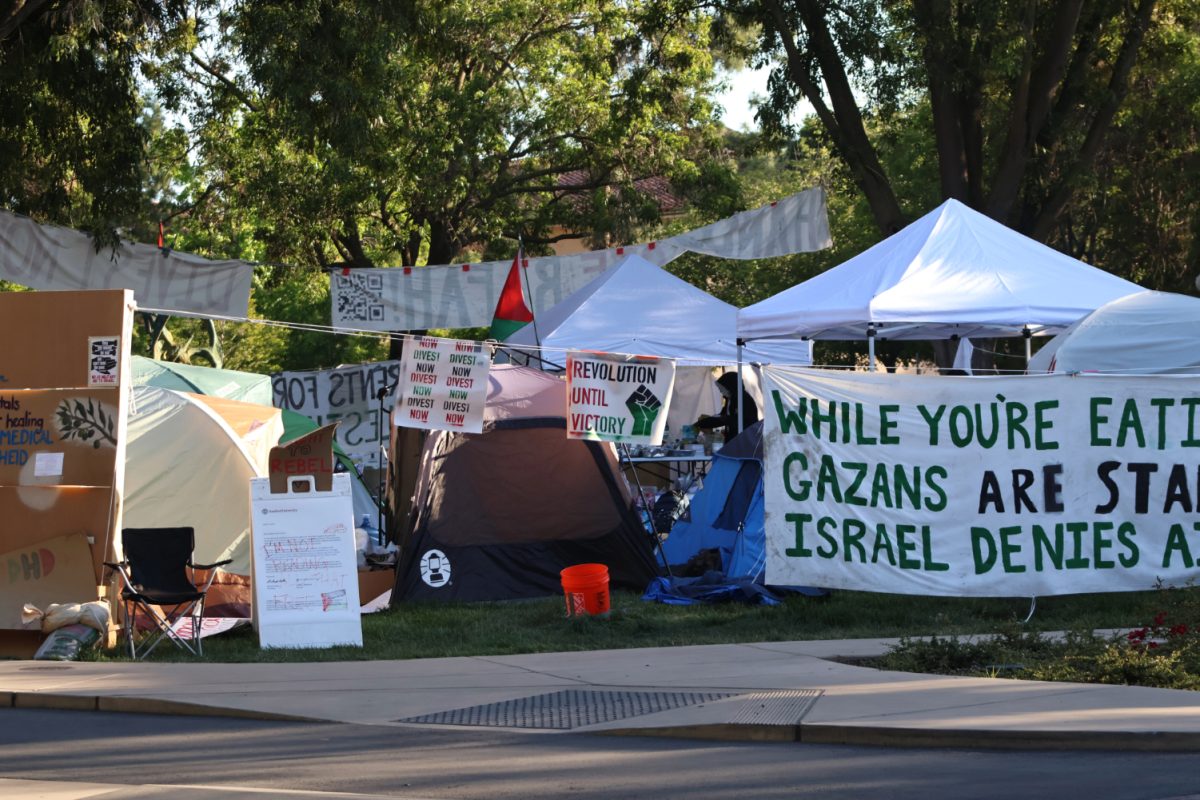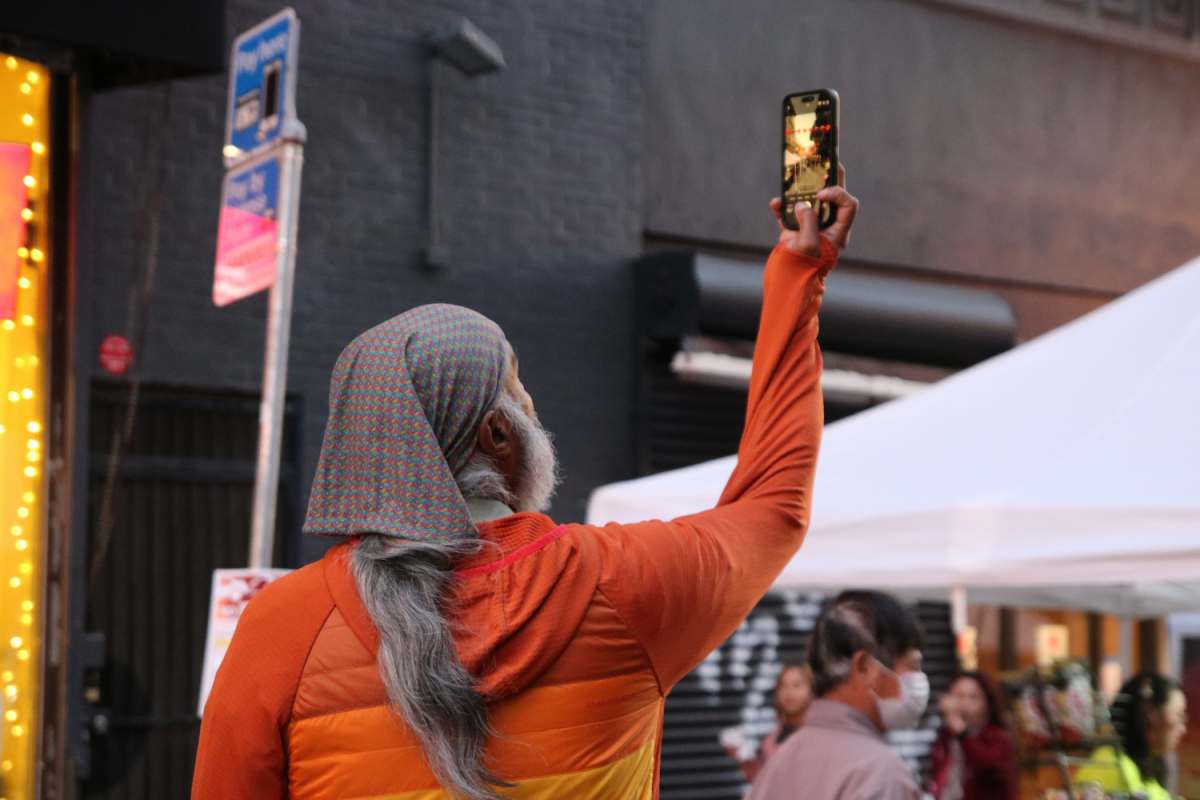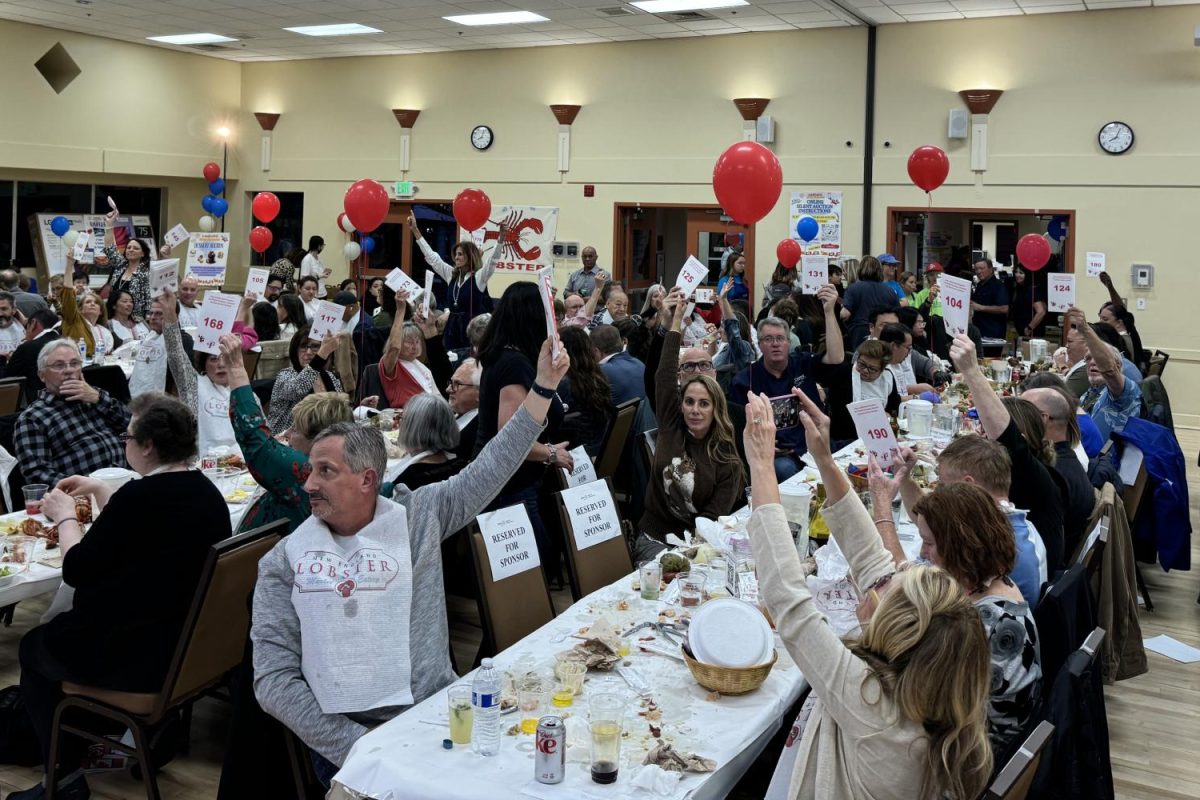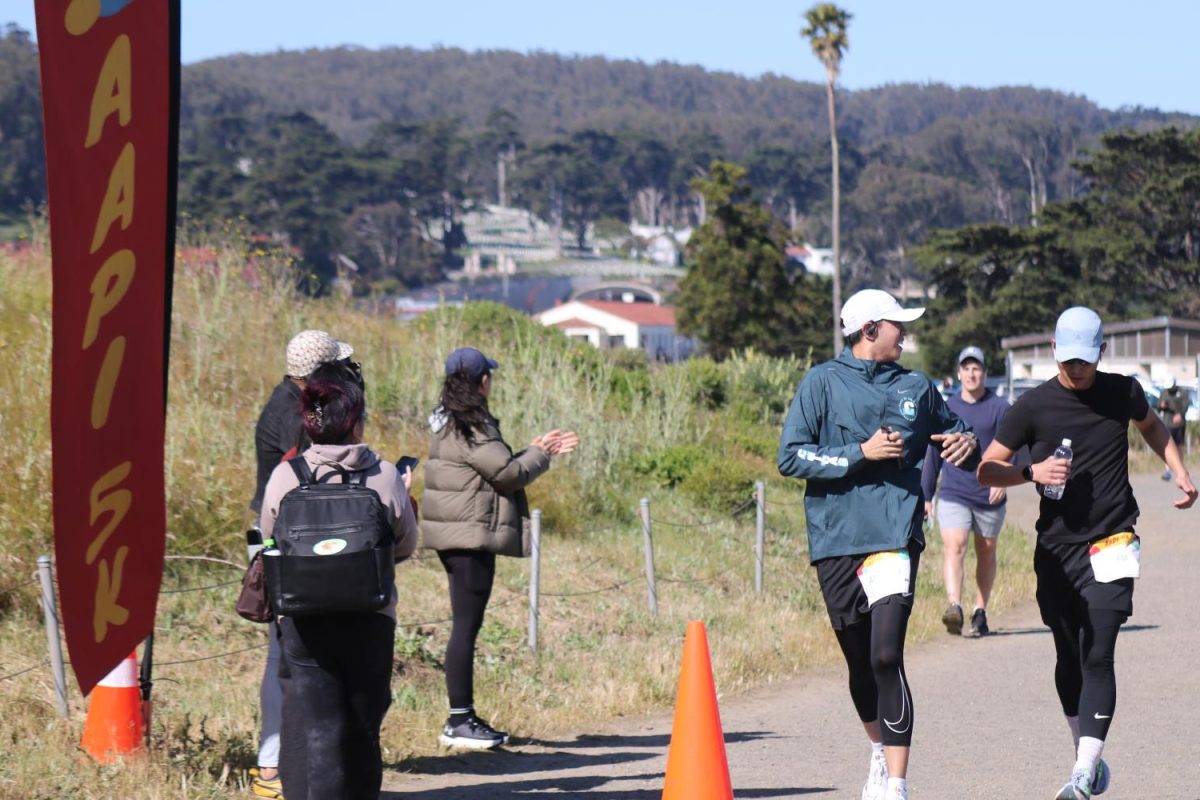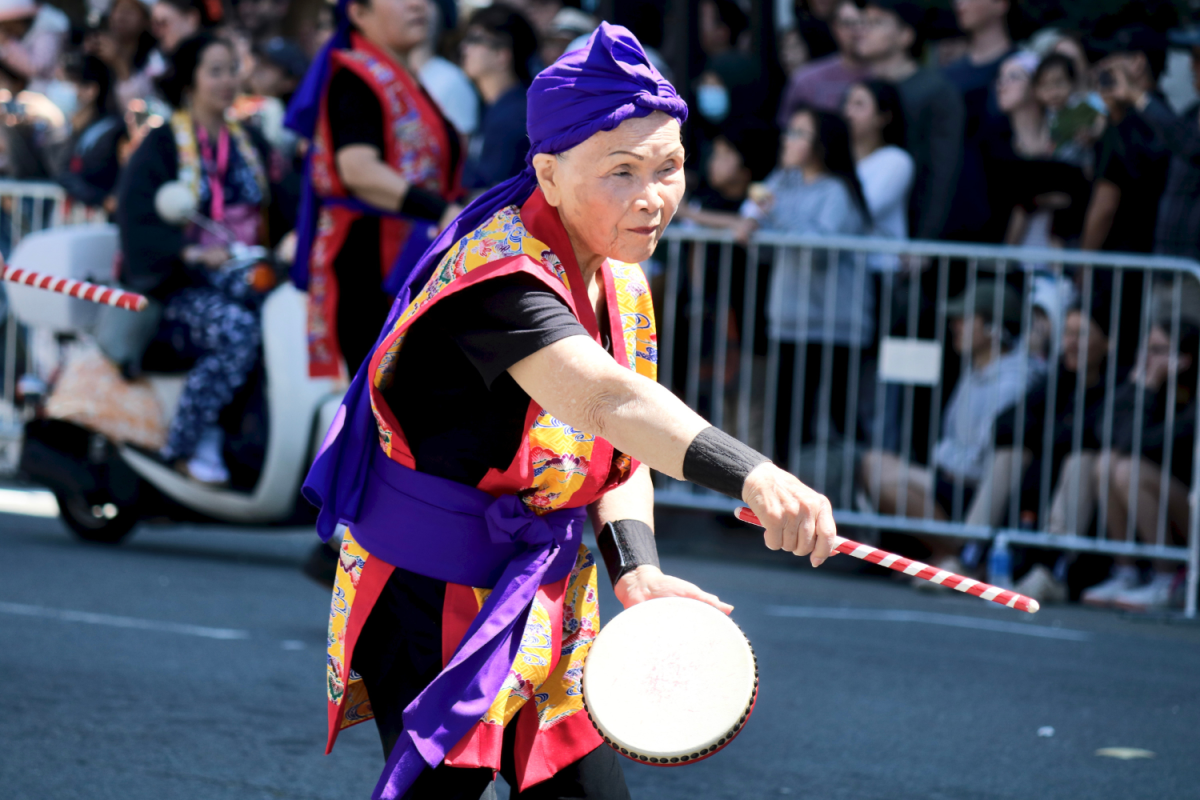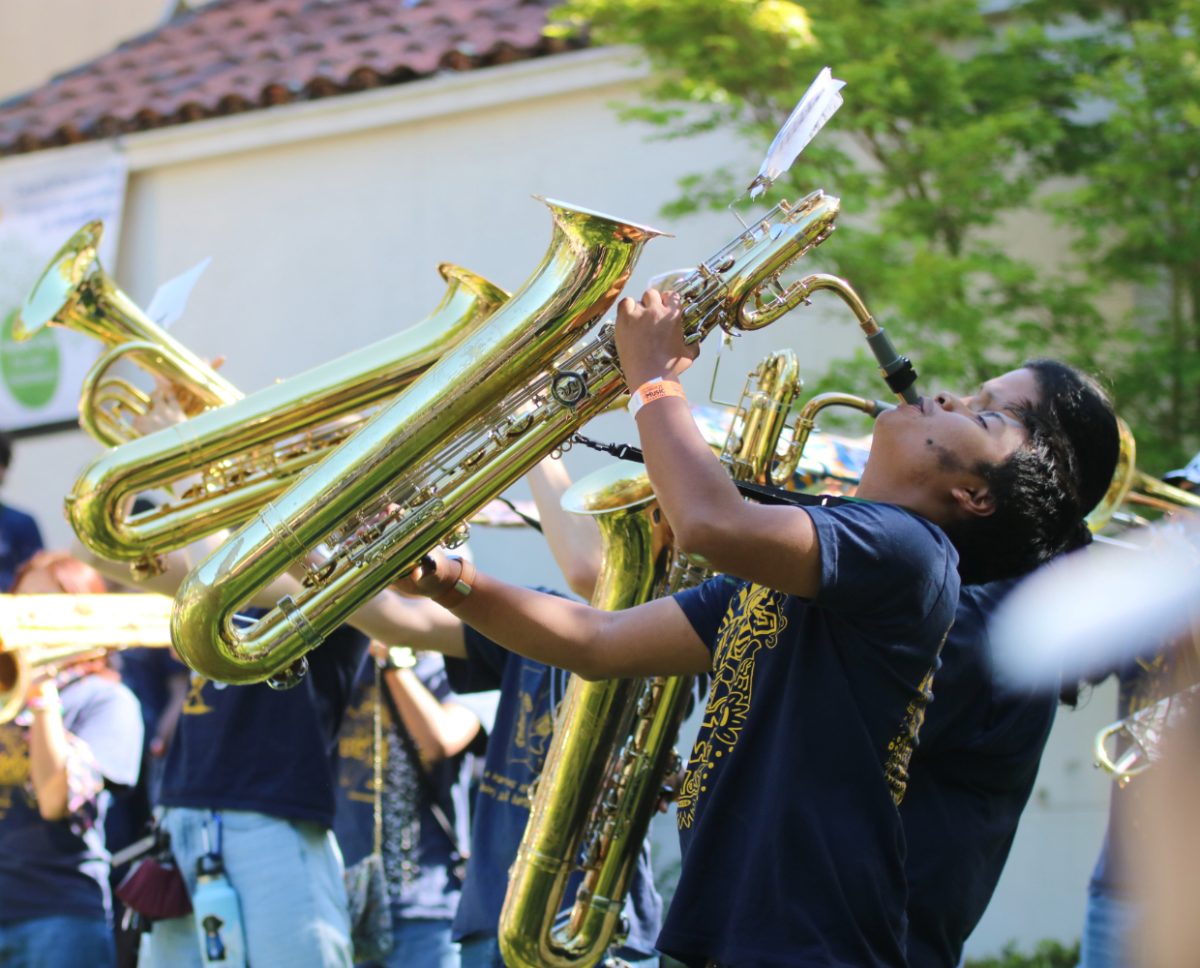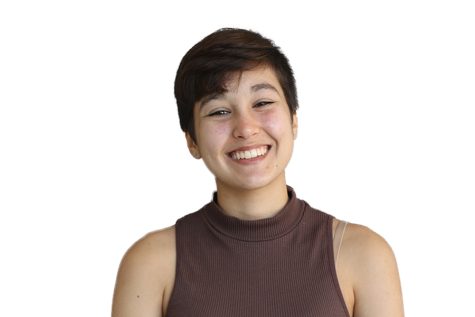With teens getting about seven hours of sleep on average per night, social media platforms are responding with new bedtime-friendly features.
Instagram and TikTok have both recently launched features designed to remind users to get more sleep. It intends to combat users staying up late on the platforms, which can contribute to revenge bedtime procrastination.
Revenge bedtime procrastination refers to choosing to stay up late despite feeling tired or wanting to sleep. It often results from a lack of leisure time during the day. The idea is that you are taking time away from your sleep and instead spend it relaxing or finishing tasks at the end of the day. Sleep scientists regard it as poor sleep hygiene.
“It’s easy to want to put off going to bed so that we can get more things done, but what eventually happens is that you get fewer things done because you are tired and less productive,” said Lauri Leadley, a clinical sleep educator and founder of Valley Sleep Center in Arizona.
Sleep affects aspects of your health – not just how tired you feel the next day. In fact, it can increase risk factors for cardiovascular disease and mental health problems. Poor sleep has also been shown to worsen academic performance.
“I’ve fallen asleep during class before. Most of the time, I’m able to plan when I fall asleep, so I’ll fall asleep during classes where I’m not really doing anything,” said sophomore Isabella Salazar. “Last year was a bit different – I fell asleep during a math test.”
Beyond falling asleep in class, lack of sleep impacts the retention of information.
“Revenge bedtime procrastination can lead quickly to mounting sleep loss that has under-appreciated immediate next day effects like low energy, irritability, low mood, and difficulty with verbal recall and focusing in class,” said Dr. Chester Wu, a Rise Science medical reviewer.
Both Salazar and sophomore Kaitlin Hogan have experienced this, saying that they need to relearn class material once they get home because it’s difficult to focus. This need to relearn the content taught in class takes away from afternoon and evening homework time and only continues the cycle of sleep deprivation.
Homework, sports, and other extra-curricular activities can be a prevailing factor in the sleep hygiene of students, so the new social media features won’t be a cure-all. However, the desire for relaxation and leisure time remains crucial.
“I’ll read until 3 a.m., and sometimes I just don’t sleep,” Hogan said.
At the end of a busy day of sports and homework, Hogan wants to read a book to unwind, which negatively impacts her sleep schedule. This results in her sleeping during lunch at school and throughout the day during the weekend to catch up on sleep lost during the week.
The allure of screens doesn’t help students go to bed on time either. With social media providing a constant stream of content and the pressure to respond quickly, regardless of the time of day, it can be difficult to unplug.
“There are definitely times where I’m just scrolling on my phone before I go to bed,” Salazar said.
Some teens are unaware of the recommended amount of sleep for adolescents. There can often be a disconnect between what is recommended and what happens in reality. In response to hearing that the ideal amount of sleep for a teenager is eight to 10 hours, Hogan said, “yikes.”
There can also be negative mindsets around sleep that can pressure people into staying up later.
“In my household, we say ‘you sleep when you’re dead,'” Hogan said.
In addition to this, there is also the issue of the circadian rhythm. Teenagers’ natural sleep patterns shift, making it more difficult to maintain good sleep habits.
“Teenagers’ circadian rhythms will naturally shift. They’ll want to stay up later and sleep in more, which is really difficult with the early school start times,” Leadley said.
The motivation for the new Instagram and TikTok features is to encourage its users to set their phones down and go to sleep. Instagram’s Quiet Mode and TikTok’s sleep reminders both allow users to mute notifications. Meta says it will “prompt teens to enable Quiet mode when they spend a specific amount of time on Instagram late at night,” and it can also send auto-replies to direct messages (DMs) so teens stay focused on studying or driving.”
Sleep is important. I keep saying that it’s one of my priorities, and I want it to be, but it just never is. — Izzy Salazar
But even with the best intentions, it can be difficult to commit to good sleep habits.
“Sleep is important. I keep saying that it’s one of my priorities, and I want it to be, but it just never is,” Salazar said.
Overall, revenge bedtime procrastination and poor sleep hygiene can be difficult to fix, but doing so can improve mental and physical health, as well as academic performance. There are commonly recommended steps to better sleep hygiene, such as cutting out caffeine or putting down screens an hour before bed, but many people aren’t willing to commit to that. However, there are smaller steps one can take to improve their sleep habits.
Outside of conventional sleep wisdom, Leadley recommends creating a worry journal to vent about anxieties and ending your day by acknowledging what you’re grateful for so that you go to sleep thinking about positive things.
“We know the light from screens can influence our bodies’ natural melatonin production. However, I think a bigger issue is the increased availability, and honestly societal pressure, to engage in content that can lead to bedtime procrastination – whether socializing with other friends who stay up late or consuming social media – that keeps teens up at night,” Dr. Wu said.

